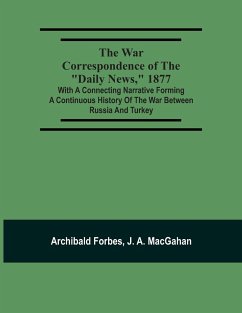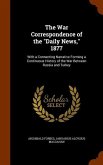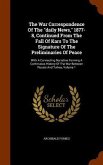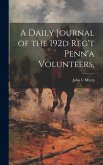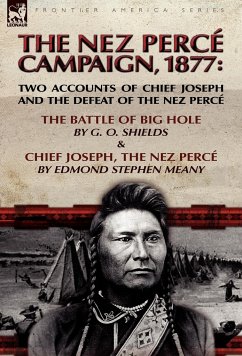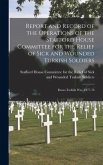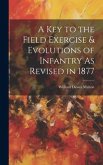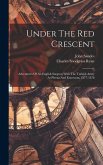The book, The War Correspondence Of The ""Daily News,"" 1877 : With A Connecting Narrative Forming A Continuous History Of The War Between Russia And Turkey : Including The Letters Of Mr. Archibald Forbes, Mr. J.A. Macgahan And Many Other Special Correspondents In Europe And Asia Containing A Full Description Of The Taking Of Kars , has been considered by academicians and scholars of great significance and value to literature. This forms a part of the knowledge base for future generations. So that the book is never forgotten we have represented this book in a print format as the same form as it was originally first published. Hence any marks or annotations seen are left intentionally to preserve its true nature.

